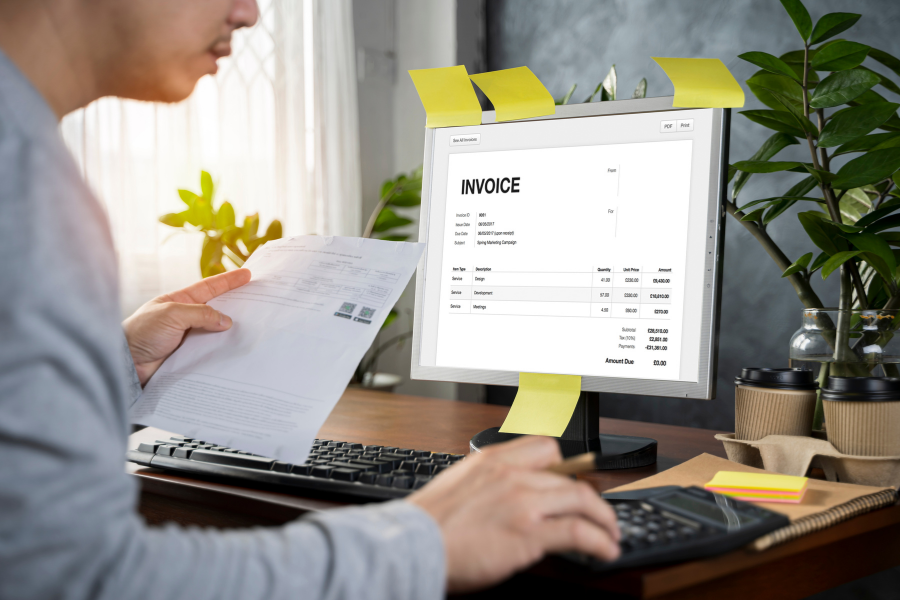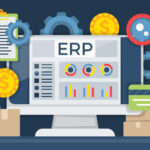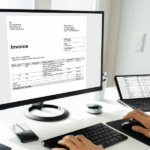It is important for lawyers to be transparent with their clients on the billing process since this is a vital aspect of modern law practice management. As legal firms seek to meet the demands of their clients, address the issue of costs and improve on efficiency in the management of resources, the need for effective and proper billing of the systems e-invoicing cannot be such overemphasized. as In Advintek this blog can change the face of technology-based client solutions billing and improve the trust levels in professional engagements.
The Growing Importance of Billing Transparency in Law Practices
Client demands for billing transparency have grown significantly in recent years. Legal clients now expect invoices that are not only clear and detailed but also fully aligned with agreed-upon terms and deliverables. Gone are the days when generic or vague invoices sufficed. Today, clients seek a breakdown that justifies every charge, offering insight into the services rendered and their corresponding costs.
However, many law firms still rely on traditional paper-based or manual billing systems, which fall short in meeting these expectations. These outdated methods often lead to errors, inconsistencies, and ambiguities, ultimately resulting in disputes, delayed payments, or strained client relationships. For firms competing in a demanding and fast-paced market, such inefficiencies can undermine their credibility and financial stability.
Key challenges of traditional billing include:
- Limited clarity in itemizing services, making it hard for clients to evaluate charges.
- Prone to human error, such as miscalculations or missed billable items.
- Time-intensive manual processes that delay the issuance of invoices.
- Difficulty in adhering to evolving compliance requirements in various jurisdictions.
To address these challenges, law firms are increasingly embracing digital transformation, particularly in the form of e-invoicing. E-invoicing platforms automate the billing process, ensuring invoices are accurate, detailed, and compliant with legal billing standards. By providing transparent and standardized invoices, these systems foster trust between firms and their clients while significantly reducing administrative overhead.
Additionally, e-invoicing enhances a firm’s professional image by demonstrating a commitment to modern, client-focused practices. As client expectations continue to evolve, investing in advanced billing solutions has become a strategic necessity for law firms seeking to remain competitive and maintain long-term client relationships.
Challenges Law Firms Face with Traditional Billing
Legal practices face several hurdles when relying on outdated billing methods.
1. Manual Errors and Inaccuracies
The billing process can be time-consuming and inefficient, especially in large firms with complex internal processes. This can lead to delays in invoice delivery, which may result in penalties or strained relationships with clients.
2. Time-Intensive Processes
Manually writing detailed invoices is a very time consuming process which can distract the legal department from other important legal work. It also means that there are potential administrative errors that can be made which could also lead to delays in invoicing which in turn affects cash flow.
3. Compliance Risks
In the jurisdictions where there are strict billing rules, the usage of manual processes presents a high risk of non-compliance. The non-compliant invoices can lead to penalties or legal challenges thus creating unnecessary issues.
4. Client Dissatisfaction
One of the major factors that lead to client’s dissatisfaction is the lack of transparency in billing. It is quite common for clients to get bills that they cannot easily understand, which makes them wonder about the validity of the charges that they are paying for.
How Technology is Transforming Legal Billing Practices
To address these challenges, law firms are increasingly adopting innovative tools like e-invoicing platforms. Let’s delve into the transformative benefits of these technologies.
1. Automated Invoice Generation
Modern e-invoicing solutions allow law firms to automate invoice creation, ensuring that all charges are accurately calculated and clearly presented. Integration with case management systems further simplifies the process by pulling billing data directly from active client cases.
2. Customizable Billing Formats
It is not uncommon for clients to have certain invoicing needs. With the use of e-invoicing platforms, companies can also modify the invoice templates to suit the particular needs of a client and thus improve the quality of the documents sent.
3. Real-Time Tracking and Transparency
The e-invoicing systems enable the clients to track their billing information in real time through the internet. This makes the clients in a position to see the itemized list of the services provided, this helps in developing the aspect of accountability and trust.
4. Compliance and Audit Readiness
Implementing digital invoicing helps in complying with the set regulations such as those stipulated by the tax regimes or legal billing codes. This is because platforms like Advintek’s have integration of compliance features which ease the workload of firms.
5. Improved Cash Flow
By streamlining the invoicing process, law firms can expedite payment cycles. Automated reminders and easy online payment options improve cash flow while reducing the need for follow-ups.
Features of an Effective E-Invoicing Solution for Legal Practices
Not all e-invoicing platforms are created equal. When selecting a solution, law firms should prioritize features that cater specifically to the nuances of legal billing.
Integration with Legal Software
The e-invoicing system should be compatible with the firm’s current practice management tools such as the time tracking, billing, and case management software. This will help in the integration of the two systems and reduce the need for manual entry of data.
Detailed Time Tracking
Time tracking is one of the most important aspects of the legal billing process. The platform should include features that enable the user to record time in a very precise manner and in relation to the invoice.
Comprehensive Reporting Tools
The reporting capabilities enable law firms to track and evaluate billing practices, assess the areas of wastage and therefore enable the law firms to make the right decisions with the aim of enhancing the efficiency of the operations.
Data Security
Given the sensitive nature of legal work, the platform must ensure robust data security, with features such as encryption, role-based access, and compliance with data protection regulations.
Why Choose Advintek for Your Billing Needs
Advintek stands out as a reliable partner for legal practices looking to modernize their billing systems. With our cutting-edge e-invoicing platform, law firms can achieve unparalleled transparency and efficiency in their billing processes.
ISO27001 Certification
Advintek’s ISO27001 certification demonstrates our commitment to data security, ensuring that sensitive client information remains protected.
Peppol Certified Access Point Provider
As a Peppol-certified provider, Advintek ensures compliance with international e-invoicing standards, allowing law firms to operate seamlessly across jurisdictions.
MDEC Accreditation
Advintek’s solutions are accredited by MDEC, affirming our dedication to providing high-quality, innovative digital tools for businesses.
Conclusion: Redefining Legal Billing with Advintek
Transparency in client billing is no longer a luxury but a necessity for law practices aiming to build and sustain trust. By leveraging Advintek’s e-invoicing platform, law firms can eliminate billing inefficiencies, ensure compliance, and deliver a superior client experience.
At Advintek, we understand the unique needs of the legal industry. Our solutions are designed to empower law practices with the tools they need to enhance transparency, improve efficiency, and drive client satisfaction.
Explore how Advintek can revolutionize your billing processes. Visit Advintek to learn more and take the first step toward a more transparent future.









